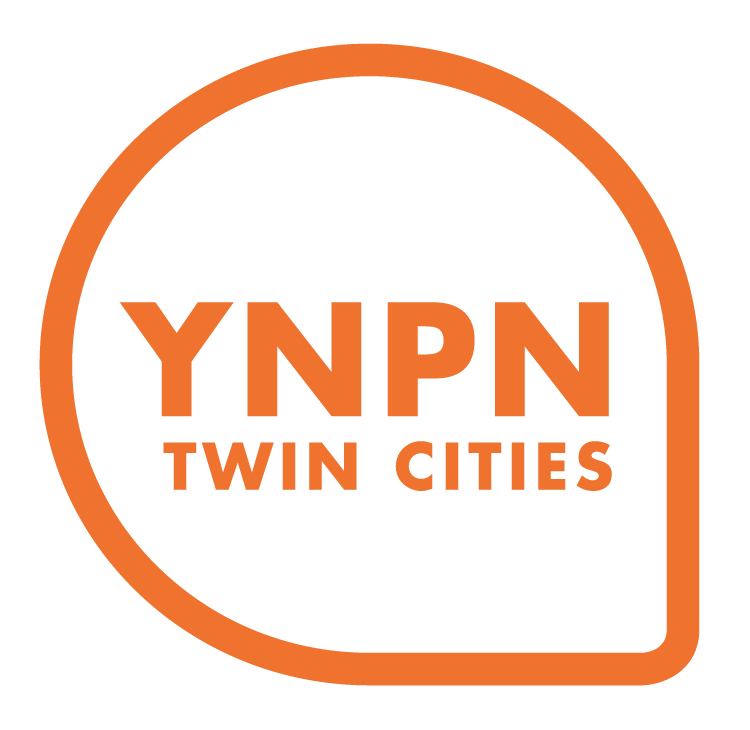Too little can feel like too much
By Elodie Lee
I was hoping we could talk abundance. Living abundantly, thinking abundantly, creating abundantly. But I’m finding that we can’t get there if we don’t first address scarcity.
Truthfully, in my searching there’s just not a whole lot of reference material about abundance that isn’t an afterthought to scarcity (do a google - you’ll find an abundance of scarcity). So I’m here to add my writing to the pile, because it seems that’s just where we’re at right now. In one job I had I worked semi-remotely, connecting to my co-workers all over the country daily over Gchat or Skype. I thought it was awesome. Sending emojis, gifs, or just simple hello’s were all great ways to connect…...Until I noticed the red, yellow, green light system on Gchat that let my coworkers know how active I was at any minute. It changed my perceptions of my work and especially of my time. I’d get anxious when I’d see a co-worker’s light on green at all hours of the night. What were they doing working at that time? What was I doing working at that time? We told one another that we just had SO much to do. I was constantly telling myself that I had so much to do. I started working around the clock.
Together, we were creating a work climate that was consumed with thinking that there wasn’t enough time for anything so we had to do everything. Worse yet, we talked a lot about how much we had to do and how little time we had to do it, rather than getting to the core of the project, or solving things creatively. On the rare occasion that one or both us would travel to sit in-person, we would spend most of our time together talking about how busy we were. And together, we were burning out really fast.
I recently heard Hidden Brain’s episode on scarcity and I connected to those same feelings of being consumed with what I did not have - time. In the podcast’s examples they shared how people were missing ordinary things that can seem obvious in hindsight because they were too busy worrying about what wasn’t there. Their example was about one woman feeling strapped for cash who received a new credit card and spent to her limit on diapers and household needs before she remembered to leave enough money for gas for her car. Understandably, the feelings of not having money were so big that she didn’t make time to budget for what she did have.
The irony is that when we consider something scarce (in my case, time for work) we obsess over it, with little bandwidth for anything else - including the important perspective that could actually solve the problem. Sometimes, unknowingly, we double down on the bad behaviors because we didn’t have the brain space to solve it in the first place.
Working around the clock did not make me better at my job. It just made me tired and foggy. There’s a lot to be said for scarcity driving creativity for short-term problem solving. Quickly we can scramble to make ends meet and satisfy a moment.
But we are not working in nonprofits to grow resources, support clients, or create programs that breed scarcity. No. We’re working to relieve scarcity. To find abundance for ourselves, our clients, and the causes we care about.
Working with an abundance mindset lets us see the bigger picture, visualize the future of our work, or our program. It can help us to not react to each dip or spike, but instead to find stability over time. Or as Rachel Welch shares, “From this place of possibility, nonprofits are home to a wealth of energy and hope that acknowledges scarcity without being defined by it.”
Working with just an ounce of an abundance mindset has helped me to factor in time management tools into my work, to take vacation days (!!!), and to not be so consumed with an unread email. I’m growing to trust myself and my coworkers to do the best we can in the time that we have. It’s allowed me to be thoughtful and careful.
Have I solved my “too little time, too much to do ” issue? Not completely. But I’m doing my best to not create a work climate around that feeling…and my current job doesn’t use Gchat, for which I am extremely grateful.
Please Note: Each blog is written by the individual author, and the views expressed may not be shared by all YNPN members.

